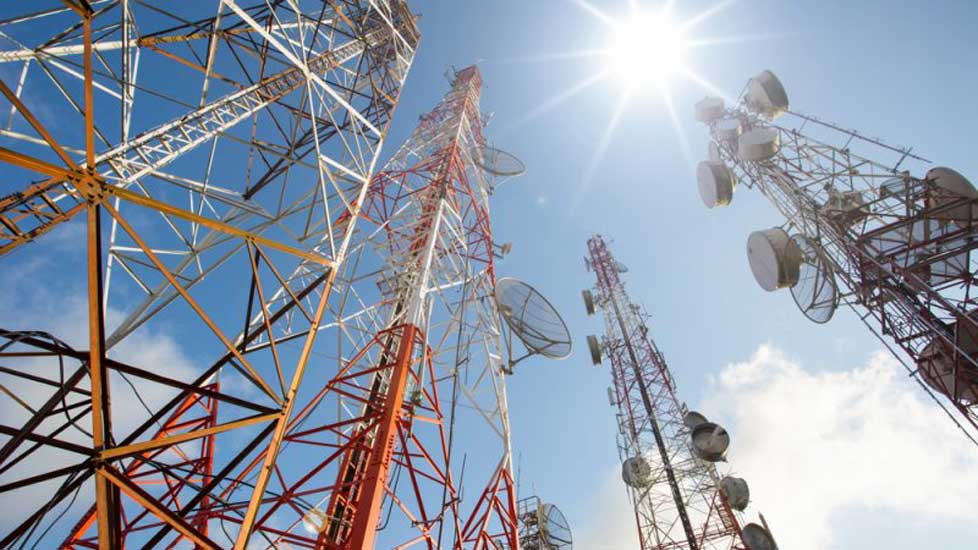Nigeria’s telecommunications giants have delivered a resounding boost to the equities market, amassing a combined market capitalisation gain of N2.83 trillion in the first half of 2025. This remarkable rally has been fuelled by a landmark tariff reform, improved investor sentiment, and a more stable macroeconomic climate.
According to data from the Nigerian Exchange Limited (NGX), the telecom firms saw a 21.22 per cent increase in their collective market value during the six-month period ending June 30.
The surge, analysts say, reflects a recalibration of telecom valuations amid policy shifts that have redefined the revenue outlook for the industry. MTN Nigeria emerged as the bellwether, climbing 43 per cent to close the half year at N357.50 per share, translating to a market capitalisation of N7.5 trillion—up from N5.249 trillion in January.
This N2.257 trillion gain positions the telco as one of the top contributors to NGX’s overall market performance. Airtel Africa also posted solid advances, with its share price rising to N2,310.50 and a market value of N8.683 trillion, from N2,156.90 and N8.106 trillion respectively at the start of the year, an increase of N577 billion or 7.12 per cent.
The catalyst for this upswing, analysts agree, is the long-awaited tariff hike approved by the Nigerian Communications Commission (NCC) in early 2025. The regulatory greenlight allowed operators to raise tariffs on voice, data, and SMS services by up to 50 per cent the first such adjustment in over a decade.
“For years, telecom operators battled shrinking margins amid soaring costs. The 2025 tariff reset was a game-changer. It restored pricing power and improved revenue outlooks almost overnight,” said Tajudeen Olayinka, a senior dealing member of the Nigerian Exchange.
Olayinka noted that MTN Nigeria recorded a revenue jump exceeding 40 per cent year-on-year in Q1 2025, attributing the surge directly to the new pricing regime. Investors, he added, quickly priced in the stronger fundamentals, triggering a rerating of telecom stocks.
The performance has also been bolstered by a more favourable m a c r o e c o n o m i c environment, including stabilisation in foreign exchange markets. “A calmer naira environment reduced FX-related earnings volatility,” explained Temitope Balogun, Equity Strategist at a Lagosbased investment firm.
“This gave investors more confidence to increase exposure to telcos.” Balogun underscored the importance of regulatory clarity, describing the NCC’s stance as “a bold signal of sector sustainability.”
She further noted that institutional investors increasingly view telecom equities as defensive assets amid high inflation and interest rate headwinds. David Adonri, Executive Vice Chairman of Hicap Securities Limited, echoed the sentiment, pointing to a broader shift in investor strategy.















